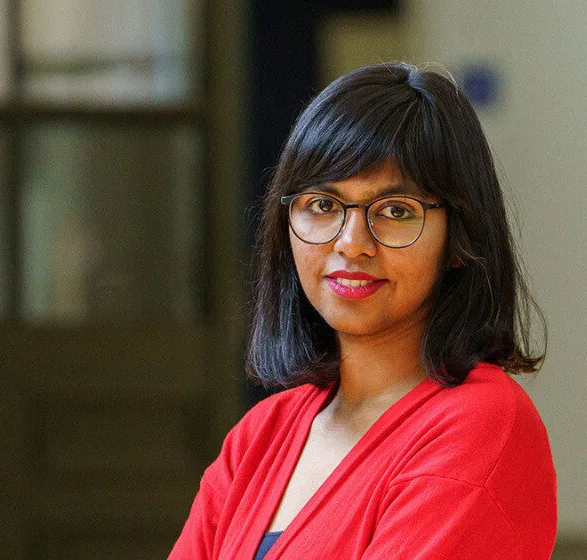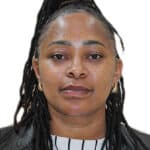My research journey:
When I first reached out to Dr. Susan Murphy, recognising our shared research interests and having followed the GEOFORMATIONS project’s evolution, we discussed the opportunities for collaboration and the requirements for engagement. With a background in law and human rights, I was a relative newcomer to the fields of development studies and human geography. My doctoral research examines the gaps between contemporary climate policies and their implementation, with particular focus on the gendered effects of the climate crisis on women in conflict-affected regions. As such, I could see clear connections between my work and GEOFORMATIONS focus on scale, governance, and change, and I was eager to explore whether I might be able to contribute as a visiting researcher. In particular, this aligned with my intention to engage with NGOs in Kenya as part of my fieldwork, aligning with GEOFORMATIONS’ broader interest in NGO governance mapping in East Africa. Soon, I was on my way to Dublin.
Learning through collaboration:
Although I initially saw my research visit as a valuable addendum to my overall PhD journey, my time at Trinity College Dublin – during which I engaged closely with the GEOFORMATIONS team – truly reshaped my perspective on the entire process. I especially appreciated the weekly team meetings and the one-to-one guidance I received from Dr. Murphy. These interactions created a collaborative space where we could collectively discuss challenges, exchange literature, brainstorm research ideas, and receive truly invaluable feedback. I gained insights into the experiences of the other researchers and appreciated the opportunity to discuss the opportunities and challenges they encountered during their research. My individual meetings with Dr. Murphy were especially beneficial in refining my focus area and building upon my plans for the Kenyan case study at the centre of my research.
Working alongside Dr. Murphy and the broader team also enabled me to begin building networks and making important connections. This support has been instrumental as I embark on data collection, allowing me to reach out with confidence to individuals and organisations in Kenya for their guidance and collaboration in mapping activities and recruiting interview participants. Many of the conversations and ideas discussed by the team centred upon approaching climate change from a more expansive, less technocratic perspective. One early conversation stands out in particular, during which I was introduced to literature on feminist political ecology and political economy. This prompted and subsequently aided me to rethink my overall research approach and gave me greater clarity and confidence to proceed with my case studies.
Shifting focus:
Through many pivotal discussions with the team, I made a crucial shift and reoriented my research focus: from drawing on interviews primarily to understand the implementation of policies on the ground, to examining the inclusivity of the policy-making processes surrounding the Nationally Determined Contributions (NDCs). My case study now centres on engaging with a range of stakeholders, including those working at grassroots NGOs, international NGOs, and within government ministries, to explore how each understands the intersectional vulnerability of women in the Turkana region. The aim is to examine the steps taken to ensure meaningful community participation, especially that of women, in shaping climate policy.
Looking ahead:
Beyond the conceptual insights I gained, the research stay also enhanced my methodological toolkit. For instance, the team and I had the opportunity to attend an intensive two-day workshop on NVivo qualitative data analysis software, which provided me with valuable skills for analysing the data I will collect throughout the course of my case study research in Kenya.
Although I have now returned to my university in Bilbao, I am pleased to continue to participate in Geoformations’ weekly meetings online. I am grateful that the team and I have continued to engage remotely, and the ongoing exchange of ideas is proving essential as I make my preparations for fieldwork and move towards finalising my PhD thesis.
 Anju Anna John is a PhD candidate at the University of Deusto, Spain. Her research focuses on intersectional climate justice. She also contributes to the RE-WIRING project on transformational gender equality.
Anju Anna John is a PhD candidate at the University of Deusto, Spain. Her research focuses on intersectional climate justice. She also contributes to the RE-WIRING project on transformational gender equality.
